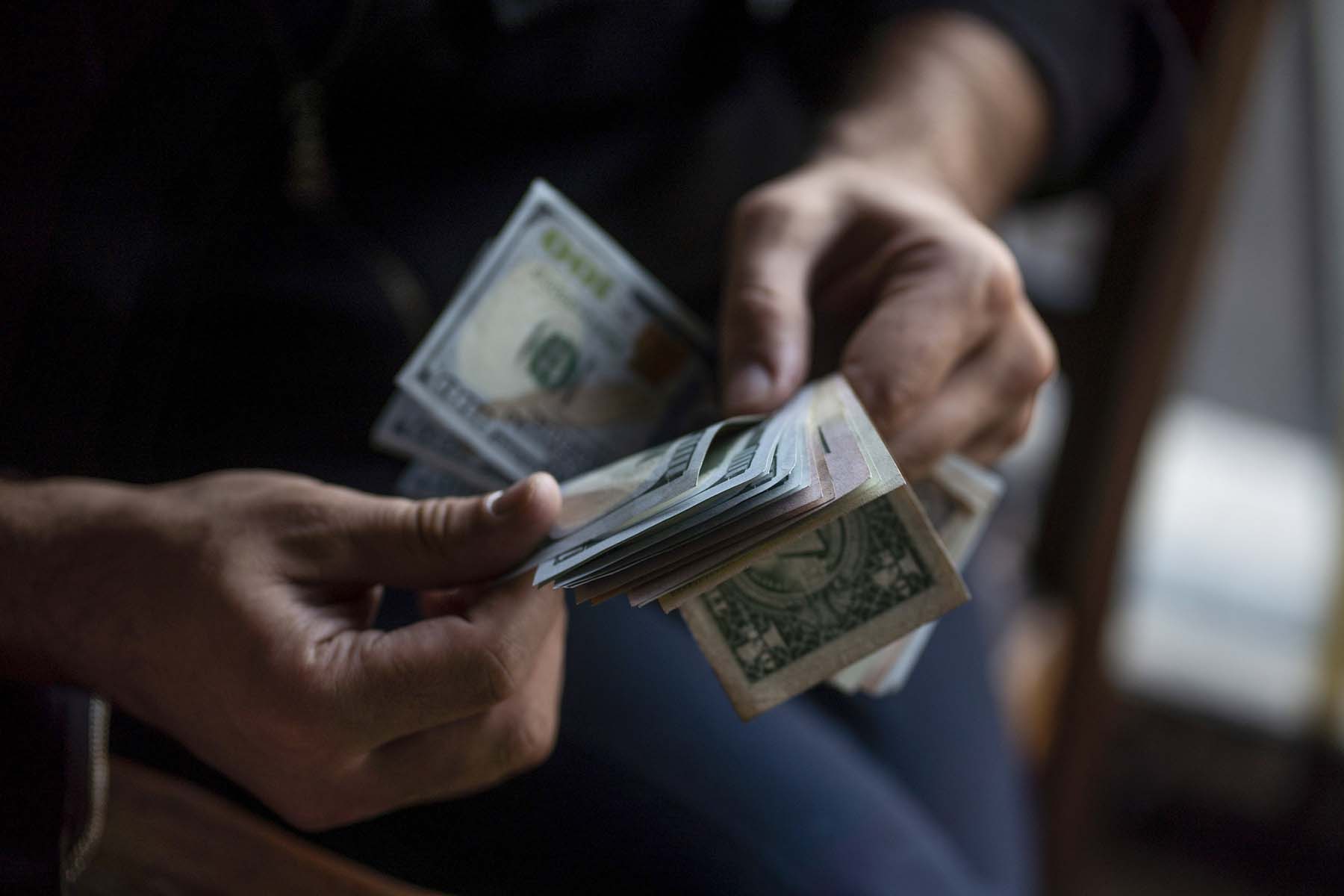The Best Way to Carry and Keep Cash

Do people still carry cash? The answer is a resounding YES. While most transactions can be handled with your digital wallet, credit card, or debit card, cash is still useful, especially in an emergency, when digital or card payment options might not be available. As with most things in life, it’s smart to be prepared. Let’s look at how much cash you should have on hand and how to keep it safe.
Reasons to Keep Some Cash at Home
While you don’t want to keep all your savings stashed at home, having some available cash is a good idea. In the event of an emergency, such as a natural disaster, you may not be able to get to an ATM, banking systems could be down, or you might not be able to use apps like Venmo or Zelle. You'll need to use cash! You can use the money you put away to buy emergency supplies, gas, medicine, food, or other necessities.
In addition to cash, your emergency stash should also include survival supplies like extra water and canned food, flashlights, first-aid kits, batteries, and a battery-powered radio. If you don’t have these, now is a good time to get them.
How Much Cash Should You Keep at Home?
The answer to this question depends on the size of your family and your daily expenses. However, experts recommend keeping a cash reserve of no more than $1,000 at home. Having some cash on hand can give you peace of mind, but too much could be a financial mistake. You’ll miss out on the opportunity to earn interest from money placed safely in a federally insured account.
Don’t use big denominations like $100 or $50 bills for your cash emergency fund. Stores may not be able to make change—especially for a small purchase—if you use a $50 or $100 bill. You’re more likely to be able to spend your cash and get change with denominations of $20, $10, $5, and $1 bills.
What About in Your Wallet?
We’ve covered how much cash to keep at home. Now, let’s look at how much you should carry. It’s a good idea to keep at least a day’s worth of expenses in cash. In this instance, experts recommend $100. Of course, this can vary depending on your day-to-day spending habits.
While cash can be convenient, keep in mind that a credit or debit card is more secure than walking around with a wad of bills in your pocket or purse. That being said, some businesses, like food trucks and smaller restaurants, may accept only cash or may not accept certain cards. Having cash lets you broaden your options and help local businesses, too.
Even though you’re carrying cash, you might not want to use it for all your daily shopping. You can miss out on perks and rewards that you can get with a credit card, such as cash back or rewards on certain purchases.
What Are Some Risks of Keeping Cash?
Unlike credit or debit cards, which can be canceled in the event of theft, if cash is stolen, it’s practically impossible to recover. Cash can also get torn or damaged. Have you ever accidentally left money in your pocket on laundry day? Most bills won’t disintegrate in the washer and dryer, but hot water can ruin security features and detergent can change the way cash reflects light, which currency-sorting machines detect.
Also, as mentioned earlier, cash kept at home won’t earn interest. It’s also not protected by the government the way savings or checking accounts are.
Where Should You Keep Your Cash at Home?
Cash should be kept in a fireproof and waterproof safe, which can protect your money and other valuables from fire, flood, or other damage. Make sure, too, the safe is bolted down so it can’t be carried away in a burglary. You don’t want to be the target of theft, so don’t share information about your stash with people who don’t need to know about it.
It’s also smart to plan. Be sure family members have access to the cash in case you become ill or incapacitated. You’ll also want to include the information in estate planning documents.
Emergency Fund
When you’re putting a little cash away for emergencies, don’t ignore your larger emergency fund, which should be set up at your financial institution. You can tap this account to pay for unexpected car repairs, medical bills, or other emergencies. Experts recommend putting away enough money to cover 3 to 6 months of living expenses.
You have a few choices when creating your emergency fund: You can choose a traditional or high-yield savings account, a money market account, or even invest in a money market fund. Not sure which is right for you? Our associates can answer your questions and help you get started so you can protect your future and keep your money safe.

